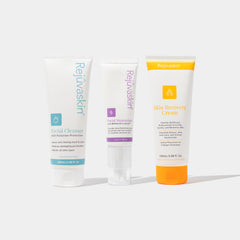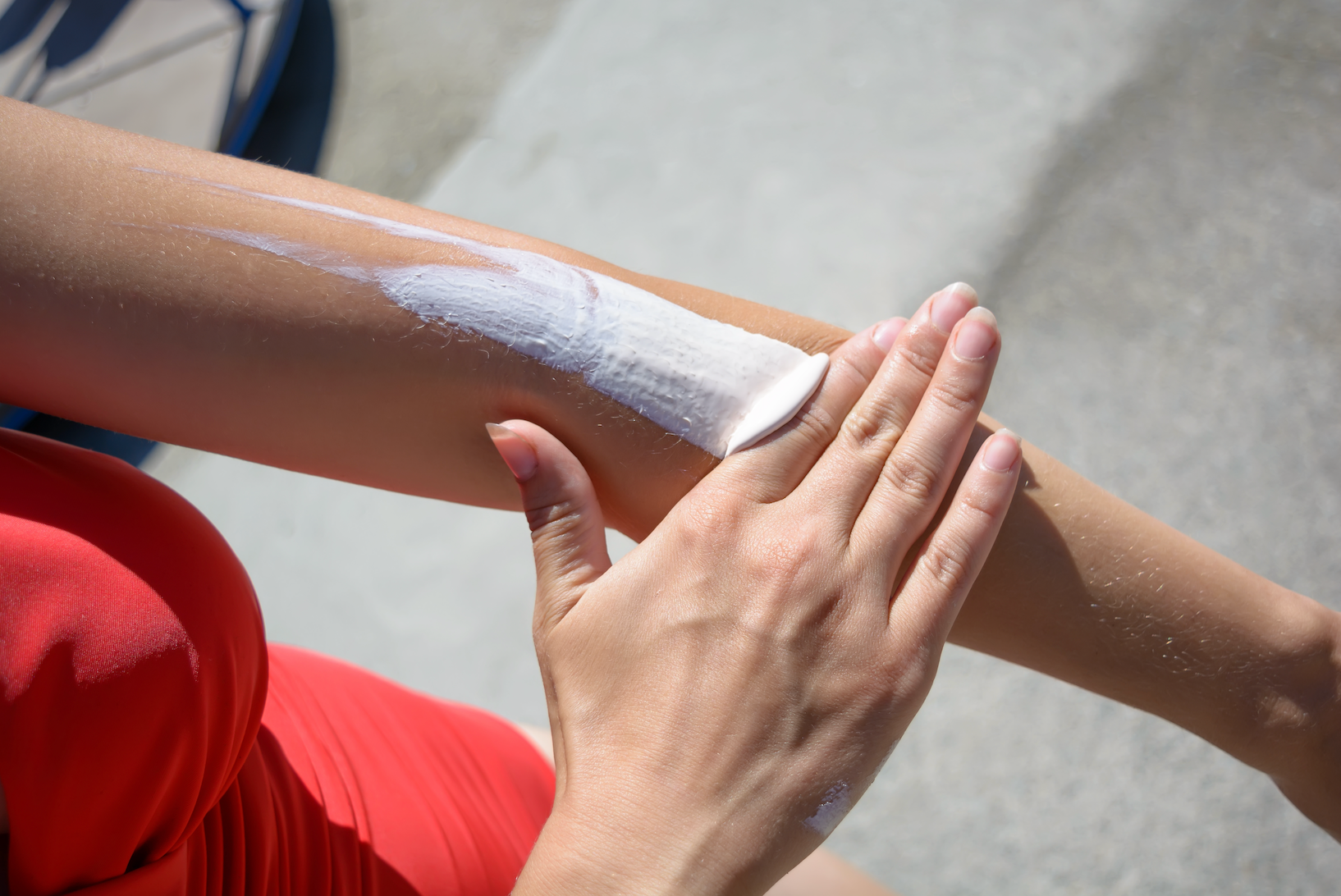When it comes to protecting our skin, most of us know that sunscreen is a non-negotiable, daily essential. But have you ever paused to think about its impact on the environment, especially the oceans and aquatic life in them?
It's a common belief that reef-safe sunscreen is only crucial for beach days, but the reality is that sunscreen doesn’t just disappear into our bodies. Today, we’re going to chat about why reef-safe sunscreen is vital for environmental protection, even when you're miles away from the beach. Let’s get started.
How Does Sunscreen Affect the Environment?
Sunscreen affects the environment in several ways. Chemicals in sunscreens can accumulate in water bodies, harming marine life. For example, chemicals like oxybenzone can cause coral bleaching, affecting not only the coral but the entire ecosystem relying on it. These chemicals can also disrupt the growth and development of marine organisms, leading to ecological imbalances.
Not all sunscreen will do this, though. You just have to be smart about what you pick.
Can I Still Protect My Skin Without Harming the Environment?
Absolutely!
To stay reef-conscious, look for mineral sunscreens that list non-nano zinc oxide or titanium dioxide as their active ingredients. The non-nano part is incredibly important.
These mineral sunscreens are environmentally safer and offer broad-spectrum protection from UV rays. Also, consider other sun protection methods, like wearing protective clothing and staying in the shade during peak sun hours.
Should You Always Use Reef-Safe Sunscreen? Why?
Many people think reef-safe sunscreen is only crucial when you're swimming in the ocean. However, the harmful chemicals in traditional sunscreens don't just stay on your skin.
When you shower, these substances wash off and can eventually reach waterways, affecting not just ocean environments but also lakes, rivers, and aquatic life in general. Ingredients like oxybenzone and octinoxate have been shown to cause coral bleaching and disrupt marine ecosystems.
Misconceptions About Reef-Safe Sunscreen:
One common misconception is that reef-safe sunscreens are less effective. This isn't true.
Reef-safe sunscreens can provide the same level of UV protection as traditional ones when applied correctly. Another myth is that they're only necessary in tropical areas, but the reality is that their use benefits all aquatic environments. As we mentioned above, when you wash away the sunscreen, the wastewater can go anywhere.
Sunscreen Ingredients To Avoid:
To be eco-friendly, avoid sunscreens with harmful chemicals such as oxybenzone, octinoxate, octocrylene, 4-methylbenzylidene camphor, 3-benzylidene camphor, benzophenone-1 and -8, OD-PABA, and nano-titanium dioxide and nano-zinc oxide. These substances are known to harm marine life and coral reefs.
Rejuvaskin: A Commitment To Reef-Safe Sunscreen
Here at Rejuvaskin, we care about the planet, reefs, and aquatic life. That’s why our Mineral Facial Sunscreen is formulated with ingredients (like non-nano zinc) that are safe for marine life and your skin. Check out our reef-safe sunscreen option today!
Remember, every choice we make in our daily skincare routine can have a ripple effect on the environment. By choosing reef-safe sunscreens, we're not just protecting our skin but also playing a part in preserving our precious aquatic ecosystems!





















Leave a comment